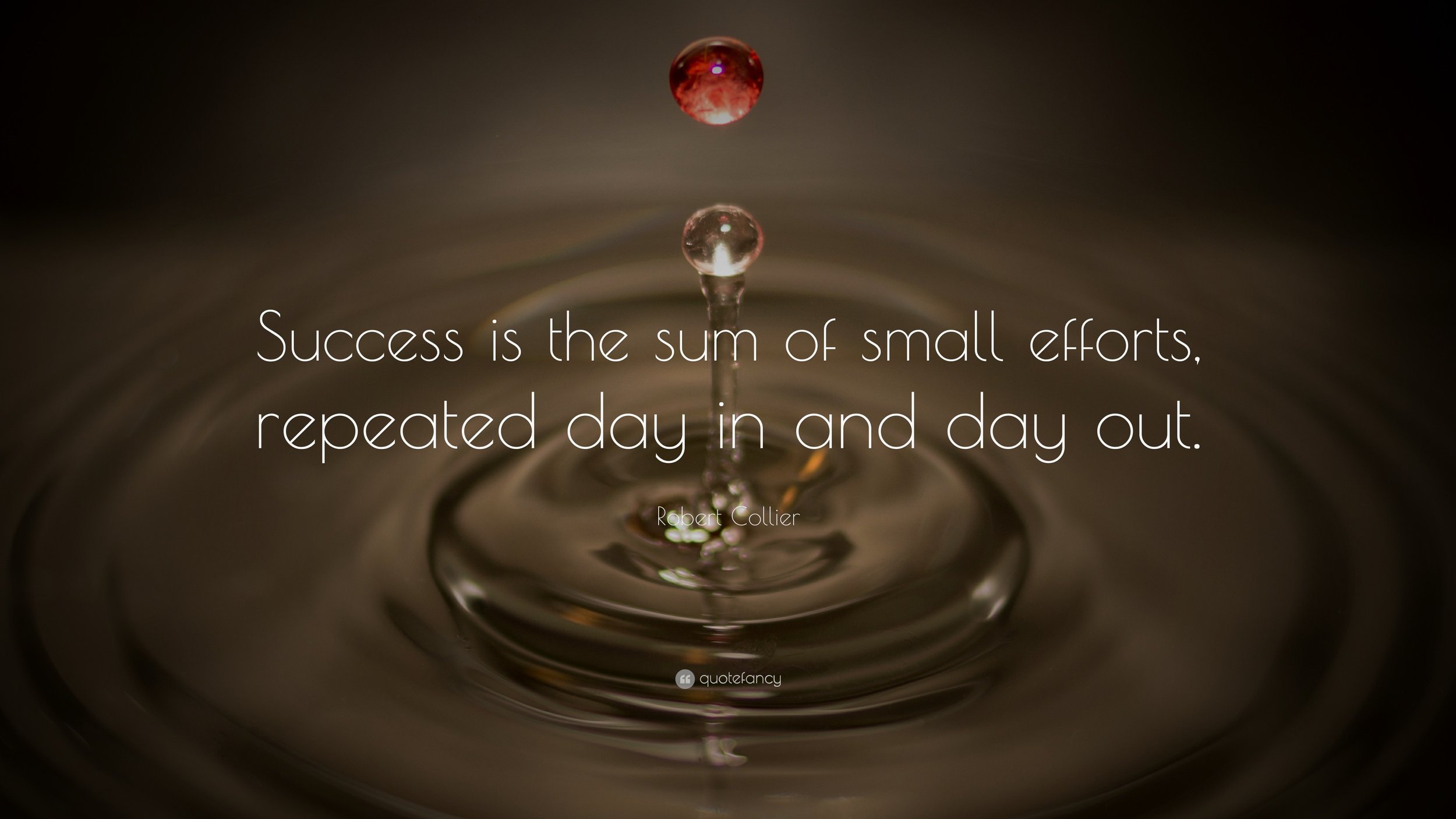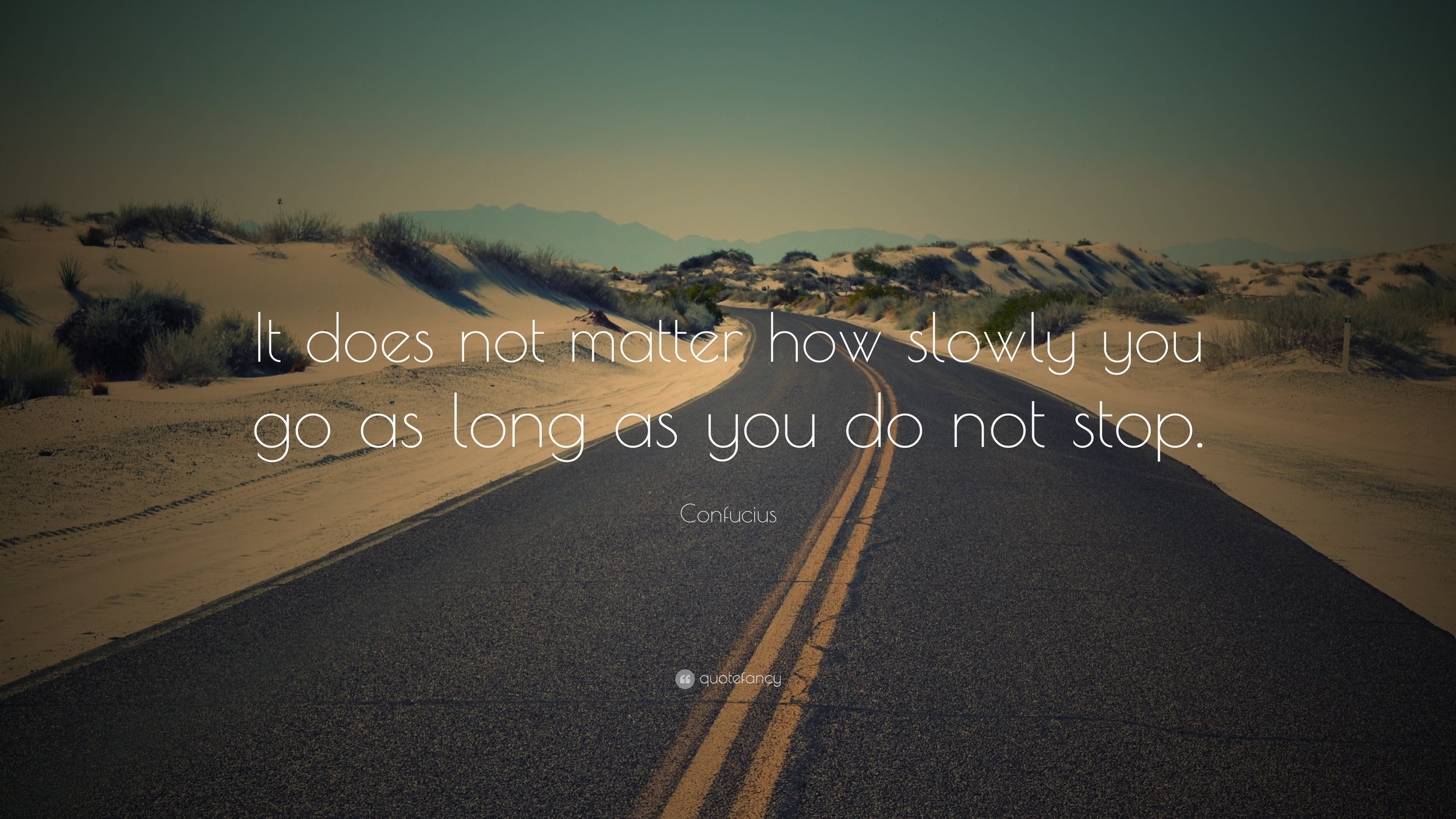
Savoring: A New Mindfulness Method
What if we could find a way to be fully present (mindful) and it feels as though we are getting to do something? Guess what? You can! You can do this by intentionally looking for moments to savor throughout the day. Savoring is when we attempt to fully feel, enjoy and extend a positive experience. Savoring has been shown to have many of the same benefits of mindfulness including improving mood, leading to greater life satisfaction and increasing feelings of gratitude and appreciation.

How to Stop Overthinking: Tools to Quiet Your Inner Critic
Do you ever feel like your mind won’t stop talking? Maybe you lie in bed at night thinking about something you said, something you did, or something that might happen tomorrow. That is called “overthinking”, and it can make you feel very tired, sad, or even scared.
You’re not alone. Lots of people overthink. The good news is, you can learn to quiet your thoughts and feel more calm. Let’s talk about what overthinking is, why it happens, and some simple ways to help your brain slow down.

Sleep and Mental Health
When we don’t have the energy to get out of bed, we may feel lonelier and more isolated. Stress can also exacerbate these problems. What is truly amazing is that, although rest is so crucial, is that humans often struggle with it so greatly. So what do we do when sleep alludes us? As most of us know, sometimes you just can’t fall asleep.

This is Your Brain on Meditation
If you hear the word “meditation” and think “that’s not for me,” “I can never get my thoughts to quiet down,” or “I don’t have time for that,” you are far from alone. You might picture someone sitting (or laying) with their eyes closed and an unmatchable willpower to simply send their thoughts packing. While this image isn’t entirely wrong, it certainly isn’t the only type of meditation.

Time Outdoors and Your Mental Health
A study of 20,000 people in 2019 found that those who spent at lease 2 hours total per week outside in green spaces reported feeling healthy and a strong sense of well-being, across ethnicity, class, age, and abilities. Looking at nature or listening to natural sounds can help energize a tired brain in the middle of repetitive tasks.

Laziness is a MYTH
For the most part, saying someone is being “lazy” is assigning a character judgment to them. This person has two options: either they continue saying that they’re just “lazy” because that has been determined as a part of who they are as a person, or they continue being labeled as “lazy” but they feel bad about it. This is a difficult pattern to break. By calling ourselves “lazy,” we are assigning the appropriate punishment for this terrible characteristic. By calling others “lazy,” we get the satisfaction of placing blame on them.

You’ve Heard of Fight or Flight… But What About Freeze?
Fight, Flight, and Freeze are the three responses that are biological instincts to protect us when our lives are in danger. However, what we find sometimes is that we experience fight, flight, or freeze even when there is not a threat to our lives.
